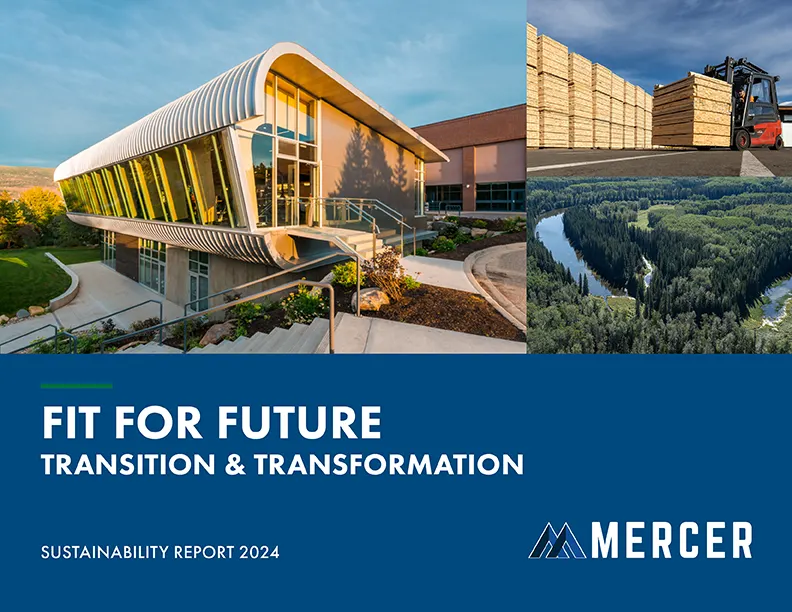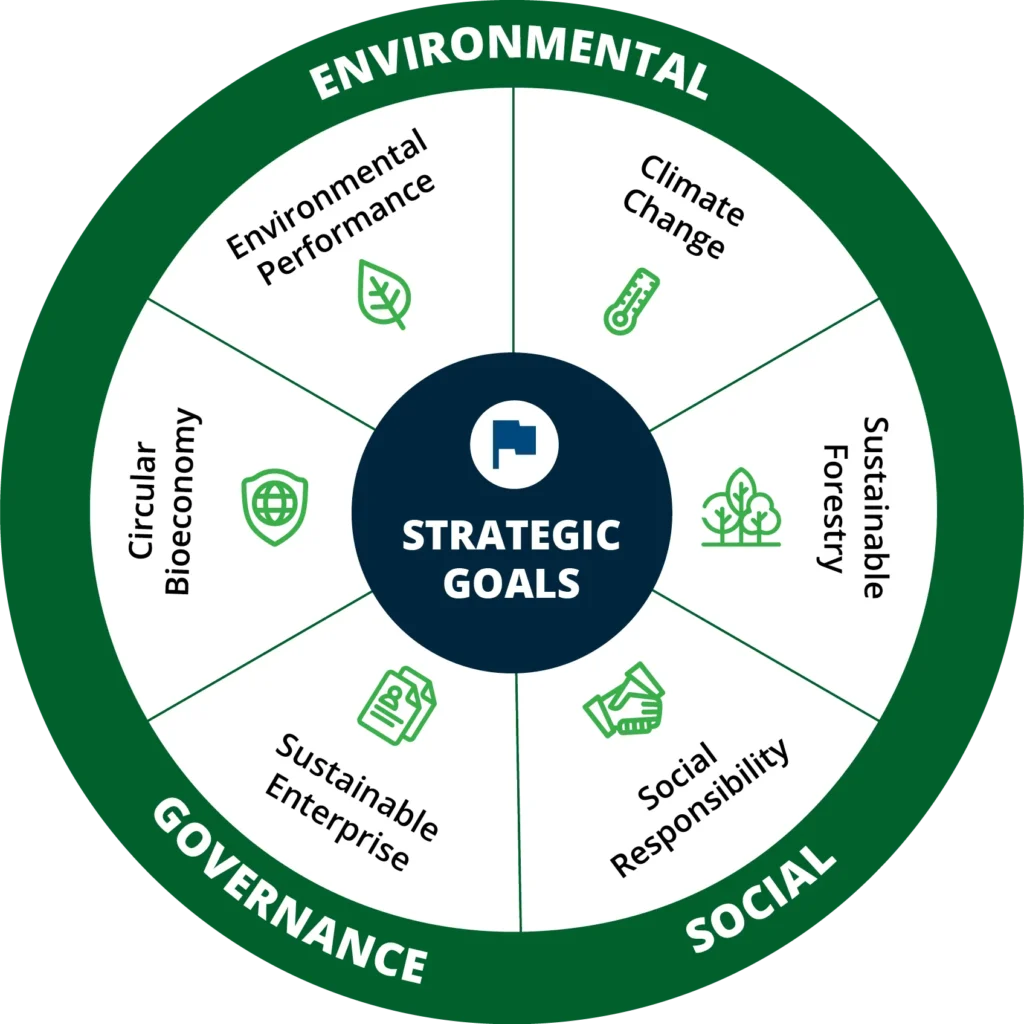Click/Tap Icons Above to View Strategic Goals
Our Sustainability Approach

As a member of the UN Global Compact, we align our efforts with its principles to drive responsible business practices. Through this membership, we have identified key Sustainable Development Goals (SDGs) where our operations and products can make a measurable contribution.
In early 2024, our participation in the UN Global Compact SDG Ambition Accelerator helped us refine our sustainability targets and further align them with global priorities. This initiative supports our ongoing efforts to implement concrete actions that contribute to a sustainable and low-carbon economy.
We view these goals as important commitments that can move sustainable development forward, both in our local communities and globally. Mercer’s dedication to these goals underscores our commitment to fostering positive change toward a more sustainable future.
TEN PRINCIPLES OF THE UNITED NATIONS GLOBAL COMPACT
As a signatory to the UN Global Compact, Mercer is committed to the Ten Principles of the United Nations Global Compact. We realize that our success in sustainability is rooted in our value system that translates into operating with ethics and the highest regard for human rights. In 2024, Mercer completed its first Communication on Progress which enables participating companies of the UN Global Compact to measure and demonstrate progress to stakeholders and the public on the Ten Principles and the Sustainable Development Goals in a consistent and harmonized way.
Our participation in the UN Global Compact SDG Ambition Accelerator in early 2024 has been a key initiative to accelerate action and further align our sustainability ambitions with our business goals. Our sustainability framework lays the foundation of our sustainability strategy. At Mercer, this is our roadmap to creating positive impacts for society and the planet. Our framework serves as a tool to align our environmental, social, and economic goals with our business strategies, operations, and financial performance.
Our membership in the UN Global Compact reinforces this commitment, emphasizing responsible practices in human rights, labor, environment, and anti-corruption. As part of the UN Global Compact, we have identified the Sustainable Development Goals towards which our operations and products can make effective contributions.












